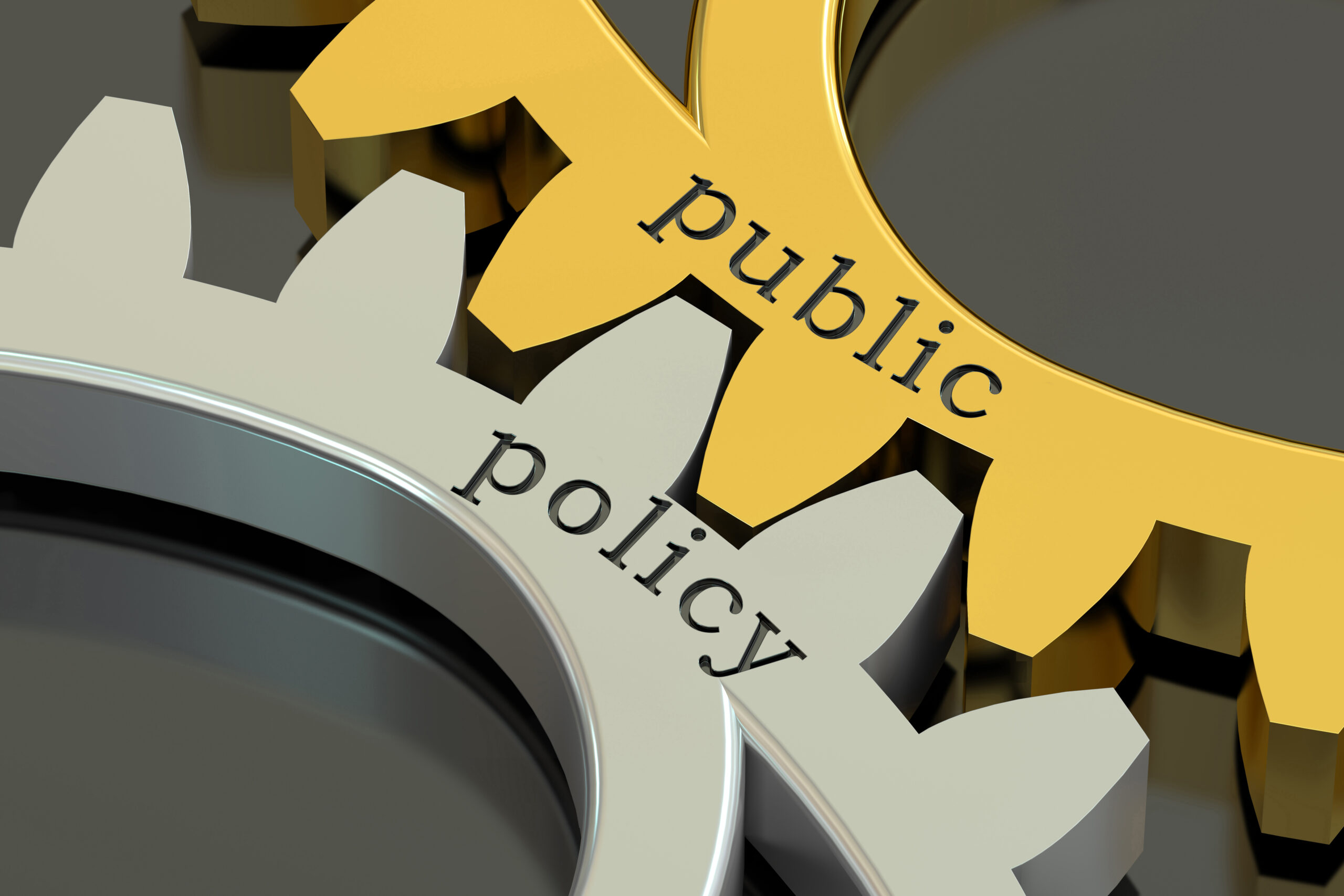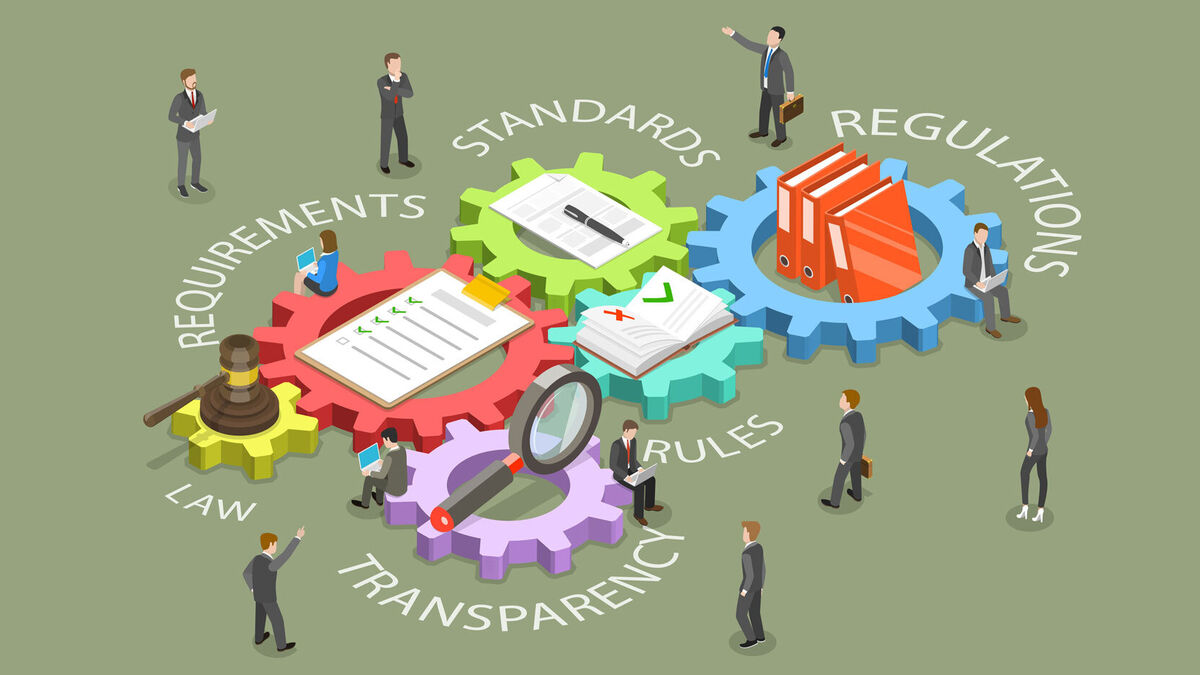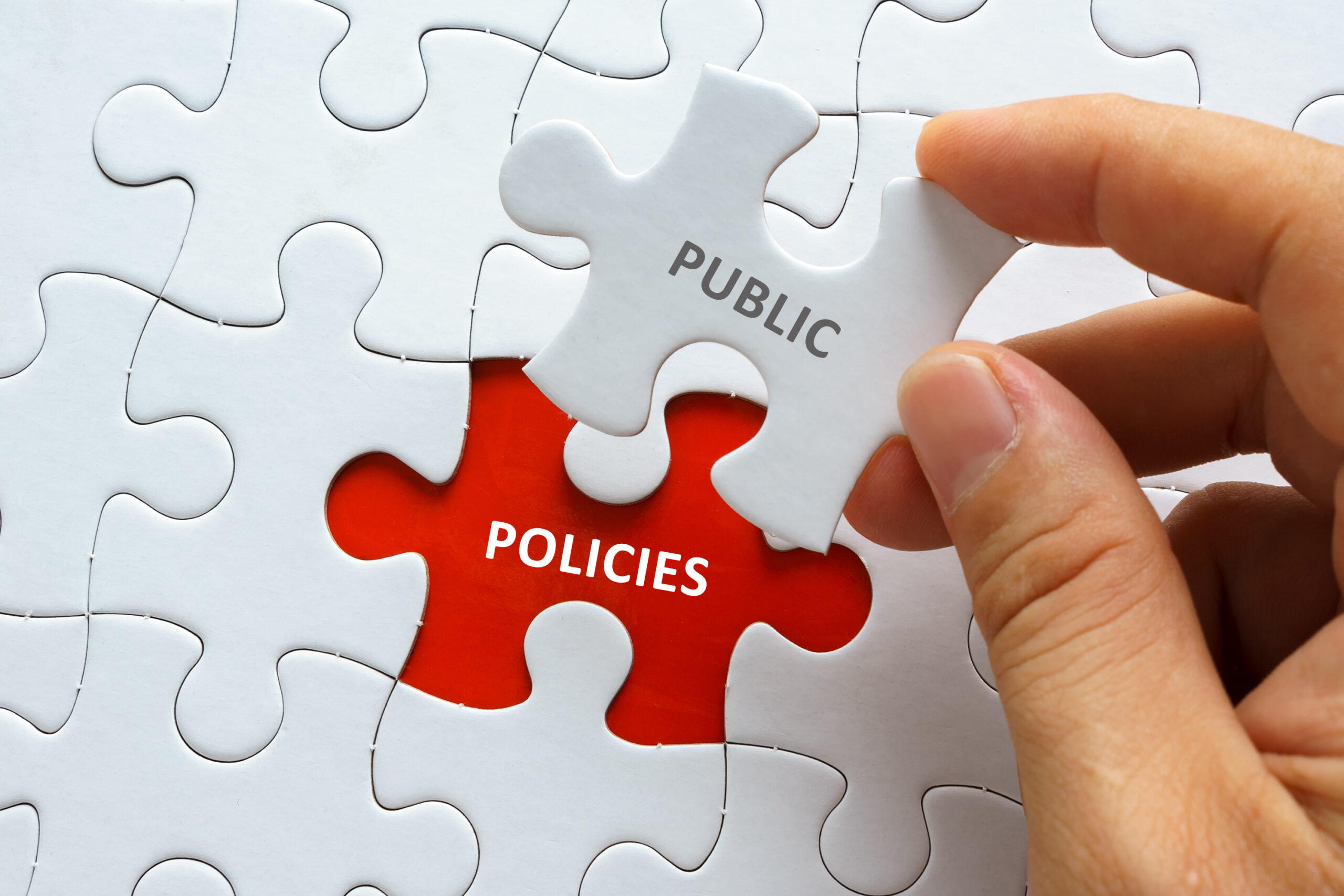In an increasingly complex world, understanding public policy is essential for active citizenship. Public policy shapes societal frameworks, impacting economic stability, social welfare, and environmental protection. Access to accurate information empowers individuals to understand their rights, engage with government processes, and contribute to community discussions. This article examines the key aspects of public policy information, including its sources, focus areas, and its significant influence on society.
Overview of public policy and related information
Public policy encompasses the decisions and actions taken by governments to address societal issues, including areas like the economy, healthcare, education, and national security. These policies aim to solve public problems and create systems that benefit society. Public policy information is essential as it provides transparency, helping citizens understand how government actions impact their lives.
Access to this information enables individuals to make informed decisions, participate in discussions, and hold governments accountable. Public policy information can be found through official government sources, media releases, and reports from research organizations, empowering citizens to influence policy-making and advocate for changes in their communities.

Channels to access public policy information
Access to reliable public policy information is essential for citizens to understand government decisions and their impact on society. There are several key channels through which individuals can obtain this information, each providing different types of insights into policies and government actions.
Government-issued documents
Government agencies are one of the most authoritative sources of public policy information. Official publications, such as laws, decrees, and regulations, are typically available on government websites or in printed form.
These websites often provide updates on new policies, reports, and legal frameworks that guide policy decisions. Additionally, government media outlets and press releases are key sources that announce important policy changes or developments.
Global and non-governmental organizations
Organizations such as the United Nations (UN), World Bank, and World Health Organization (WHO) regularly produce reports and analyses on public policies at both national and international levels.
These organizations provide valuable global perspectives and comparative insights into the effectiveness of policies across countries. Non-governmental organizations (NGOs) also play a significant role by monitoring policies, advocating for changes, and providing information on the social impacts of government decisions, particularly in areas like human rights, environmental protection, and public health.
Academic sources and research institutions
Universities, think tanks, and independent research institutes are key contributors to public policy analysis. They publish studies, white papers, and reports that offer in-depth evaluations of existing policies and recommendations for future improvements.
These sources often provide expert commentary, backed by data and rigorous analysis, helping the public and policymakers alike understand the long-term effects of policy decisions. Think tanks like the Brookings Institution or the RAND Corporation are known for their comprehensive, non-partisan research on critical public policy issues.
By utilizing these channels, citizens, researchers, and organizations can stay informed about public policies, enabling them to participate more effectively in civic discussions and contribute to shaping the direction of government decisions.

Key focus areas in public policy information
Public policy encompasses various critical areas that have a direct impact on both national and global scales. The following are some of the most significant focus areas in public policy information:
Monetary and economic strategies
Economic policies are a cornerstone of public governance, influencing the stability and growth of a country’s economy. Information about tax adjustments, relief packages, and fiscal policies are vital for understanding how governments manage public finances, support businesses, and create economic growth.
These policies also affect job creation, inflation rates, and overall economic well-being, making it crucial for individuals and businesses to stay informed about changes.
Social welfare policies
Social welfare policies address issues related to the well-being of citizens, including healthcare, education, and unemployment support. These policies aim to improve quality of life and reduce inequality by ensuring access to essential services.
For instance, information on healthcare reforms, education funding, or unemployment benefits helps citizens understand their rights and how they can benefit from government programs, especially during times of crisis or personal hardship.
Environmental policies
Environmental policies are increasingly important in addressing global challenges like climate change, resource depletion, and pollution. Key policy measures include laws to mitigate climate change, promote renewable energy, and protect natural habitats.
Understanding these policies helps the public and businesses align with sustainability goals and adopt environmentally friendly practices. It also ensures citizens are aware of government efforts to combat environmental degradation and their role in these initiatives.
Foreign policy and national defense
Foreign policy and national defense policies govern how a nation interacts with other countries and protects its own sovereignty. This includes international trade agreements, military cooperation, and strategies for national security. Information on foreign policy is essential for understanding a country’s diplomatic relations, trade partnerships, and involvement in global security efforts.
National defense policies, on the other hand, help citizens grasp the government’s approach to maintaining safety, peace, and military readiness.
These key focus areas provide a comprehensive view of how governments address economic stability, social equity, environmental sustainability, and global cooperation, all of which are critical for the development and progress of societies.

The influence of public policy information on society
Public policy information plays a pivotal role in shaping how societies function and interact with their governments. Its influence extends across various aspects of civic life, including raising awareness, promoting transparency, and fostering active public engagement in the policymaking process. Below are key ways in which public policy information impacts society:
Raising citizen awareness about rights and responsibilities
Public policy information is essential for educating citizens about their rights and obligations. By understanding government policies, laws, and regulations, individuals become more aware of how to navigate different aspects of society, such as healthcare, education, or legal rights. This awareness enables them to comply with laws, protect their personal interests, and contribute positively to their communities.
Informed citizens are also better equipped to advocate for their rights, whether in legal matters or through civic participation, and understand how their actions align with the broader social contract.
Enhancing the responsibility and openness of government bodies
Access to public policy information is crucial in holding governments accountable for their actions. Transparency ensures that government agencies operate in the public interest and make decisions that reflect the needs of the population.
When citizens have access to detailed information about government policies and expenditures, it becomes easier to track how resources are allocated and identify potential areas of inefficiency or corruption. Public policy information serves as a tool for oversight, enabling the public and independent organizations to monitor and evaluate the effectiveness of government initiatives.
Enhancing public participation in policymaking processes
Comprehensive and accessible policy information empowers citizens to participate in the decision-making process. When individuals and organizations are well-informed about ongoing legislative debates or policy proposals, they can provide meaningful input through public consultations, community forums, or advocacy efforts.
This active engagement ensures that public voices are heard, leading to more inclusive and representative policies. Increased participation also strengthens democratic processes, as citizens take ownership of the laws and regulations that govern their lives.
In summary, public policy information has a profound influence on society by fostering a well-informed citizenry, promoting government accountability, and encouraging public involvement in shaping policies that affect their communities. Access to transparent, reliable information is a cornerstone of a functioning democracy, contributing to a more engaged, responsible, and empowered society.
Public policy information is essential for a transparent and accountable society. It empowers citizens to understand their rights, promotes government accountability, and encourages active participation in policymaking. By ensuring access to reliable information, individuals can effectively influence the decisions that shape their communities, fostering a more equitable and democratic society.